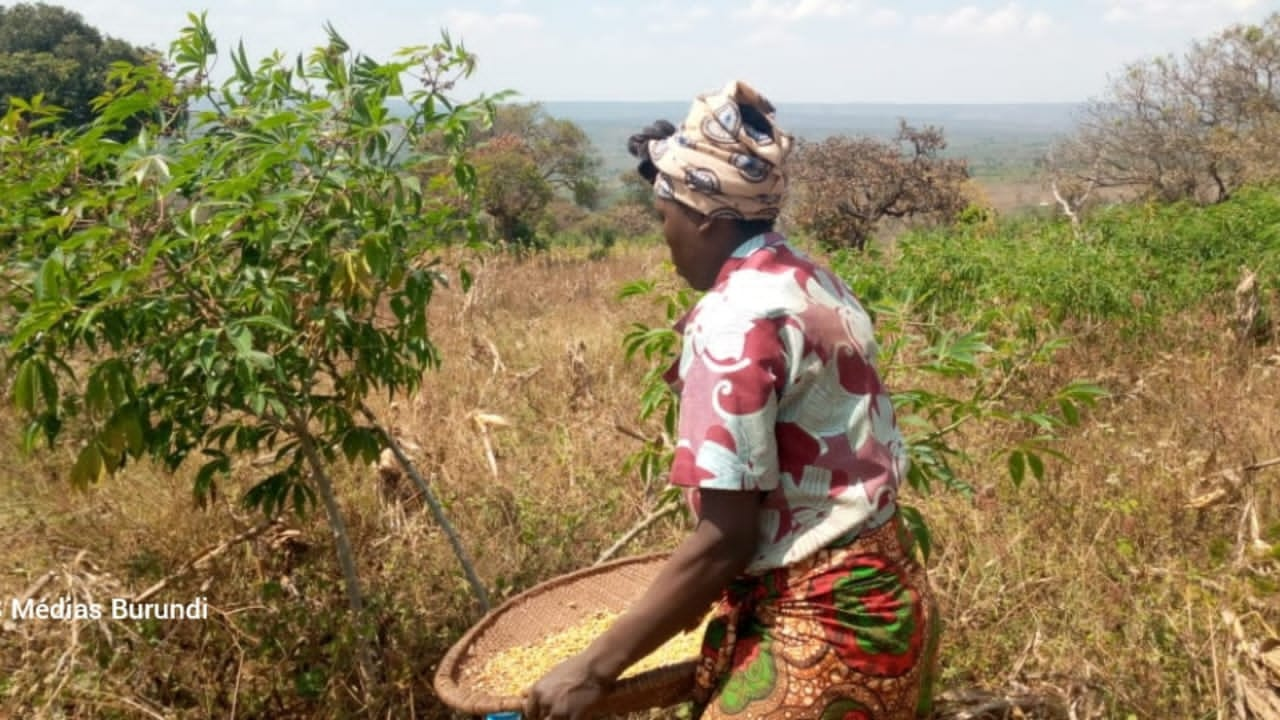Tanzania: No more bean fields are acceptable in Burundian refugee camps

The administration of the Burundian refugee camps of Nduta and Nyarugusu in Tanzania has formally banned the cultivation of beans for growing season A. The reason is the potencial closure of these two camps before the end of this year. The refugees are outraged by this measure which adds to a very long list of other decisions which, according to those concerned, aim to « push them to forced return ». INFO SOS Médias Burundi
In the camps of Nduta and Nyarugusu, refugees were busy plowing and preparing their small fields for the cultivation of beans, as one of the most consumed vegetables in these Burundian refugee camps.
As a result, the administration in these two sites anticipated to prohibit sowing.
« Several unplanned meetings were held for the zone and village chiefs. Then, the camp president’s office went to each village to make sure the message had been transmitted and received saying bean growing is now banned, » explains a Burundian refugee in Nduta.
The same exercise was conducted in Nyarugusu camp, on the Burundian side.
When the refugees wanted to know the reason for this « additional » relentlessness against them, the answer could not have been clearer.
« Beans last a little over three months to have the harvests. So, as agreed, the camps will have to be closed before this period even if there can be exceptions… », indicated representatives of the Nduta camp president’s office.
« So, we do not want to destroy fields in December. We will have other concerns than that. It is better to prevent it at the beginning, to take measures in advance than to wait until the last moment, » they insisted, according to heads of household who spoke to SOS Médias Burundi.
Surprised, the refugee leaders’ council issued a request.
« Let them at least let us grow crops inside our plots and enjoy the bean leaves without waiting for the actual harvest season, » they suggested.
Unfortunately, they did not get a favorable response.
Our reporter traveled through several areas to note an exception in zone 9 of the Nduta camp. A household had already sown a small field of beans before this formal ban. So, the administration was lenient enough not to destroy this field but subjected it to heavy injunctions.
« Don’t do that again, don’t enlarge the field and don’t let your neighbors follow ‘your bad example’. And we will be here all the time to closely monitor your case, at the great risk of severely sanctioning you if you do not respect the order, » a large delegation that visited him told him, « to also scare his neighbors, » we learned.
In both camps, several plowed fields are visible. Owners are waiting for the measure to be lifted to start sowing.
However, the former grassroot administrators who are very used to the actions of the Tanzanian authorities, say that they will not go back on their decision. They advise their compatriots instead not to expose themselves to the fury of the administration of the Nduta and Nyarugusu camps which is no longer receptive to the request of the Burundian refugees.
The latter see an uncertain future and impatiently await « the misfortune » that will « fall upon us at the end of next December ».
They call on the Tanzanian government and the UNHCR to consider respecting the provisions of the 1951 Geneva Convention on the protection of refugees.
The Nduta and Nyarugusu camps located in northwestern Tanzania are home to over 58,000 Burundian refugees and over 110,000 refugees respectively, including over 50,000 Burundians, the rest being Congolese. The occupants from Burundi fled the crisis that was triggered by another controversial mandate of the late President Pierre Nkurunziza in 2015.

